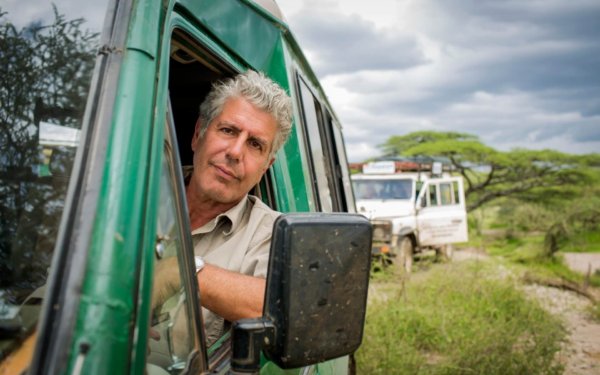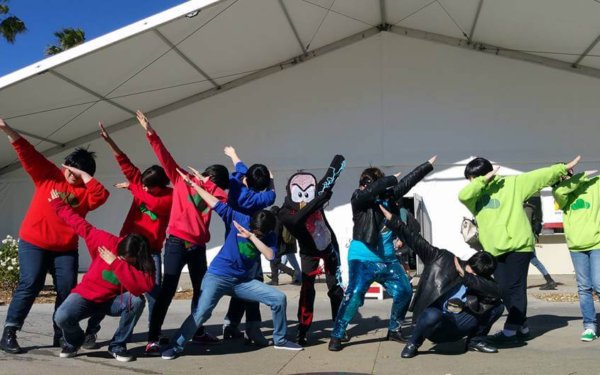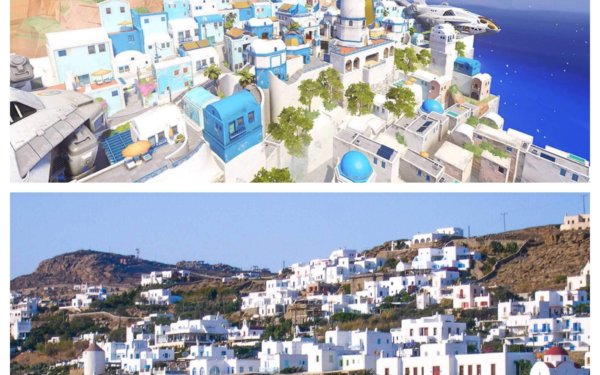Unshakable hospitality and the burning of Cairo
The Burning of Cairo
In 2011 I flew into Cairo, Egypt during a time of political turmoil; the seeds of the Arab Spring had been planted but had not yet sprouted. Things soon escalated to the point where both my fortitude and Egypt’s identity were tested. After a morning of exploring Cairo, I found myself rushing to get back to the hotel as shop owners began reinforcing their buildings with wood planks and trash bags. The government had imposed a curfew and things were expected to get crazy after dark.
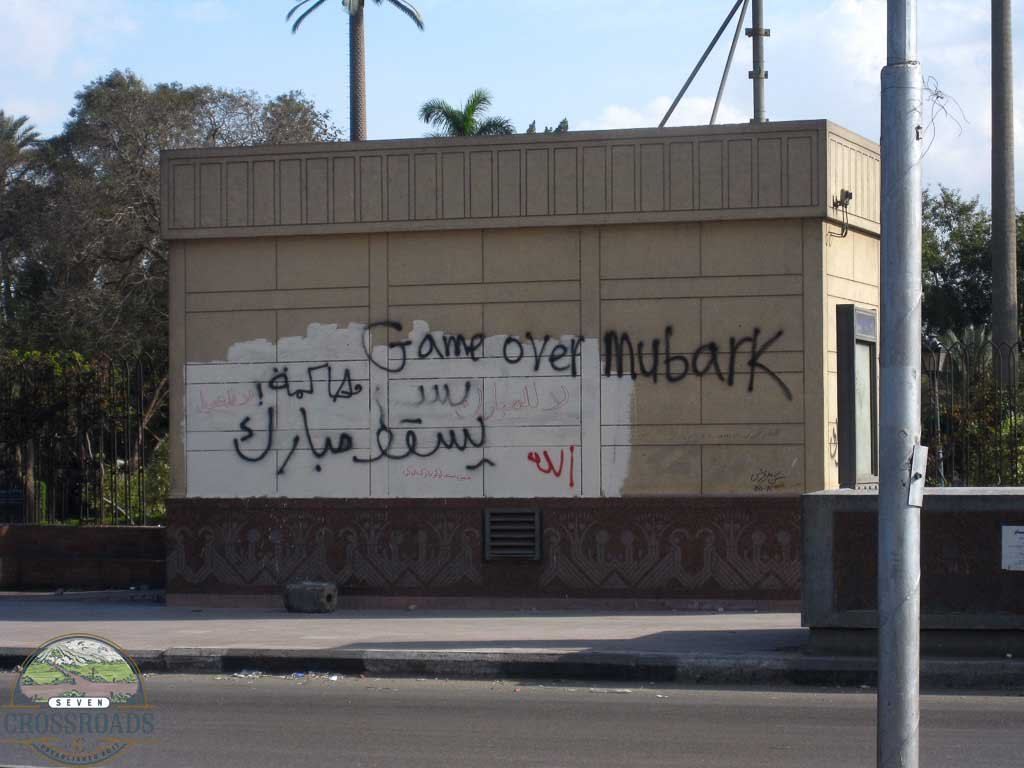
I sat in my hotel room fixed on CNN. The melodic rhythm of chaos came through the walls and I could smell ash emanate from the window. I never knew what uncertainty really felt like until that point, social contracts had been broken and I didn’t know where to turn. President Hosni Mubarak desperately tried to quell the protests by cutting the internet, imposing curfews, and dispatching the military, but Egypt stood fast. Government buildings were engulfed in flame and thirty years of frustration; the administration saw its own impending doom.
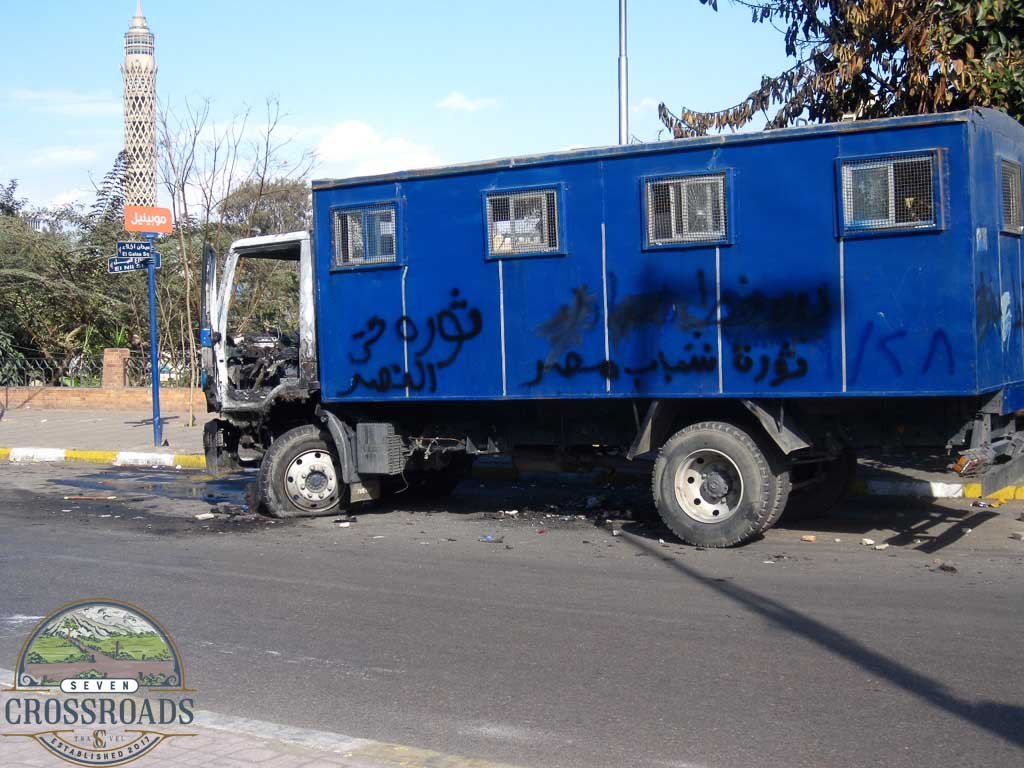
Unshakable Hospitality
I got hungry, so I headed down to the empty hotel restaurant; after taking my order, the server walked outside. Moments later a man with a chef’s hat and butcher knife walked into the kitchen. It was a curious sight, but I thought nothing of it. Minutes after my meal was delivered, the chef with his knife walked back out again. Once again my interest was peaked, why would anyone walk out to the street with a butcher knife?
I finished my meal and went to the lobby; the sounds of angry shouting became almost ubiquitous at this point. Just outside the twin glass doors of the hotel stood a line of men, including the waiter and chef. I walked outside to the disapproval of the concierge; the men stood there with makeshift weapons in hand staring at the waves of angry people walking down the street. An old man sat at the edge of our street next to a small fire where he kept lookout. The chef asked me to go back inside, with the butcher knife still in hand. I sat in my room, again fixed on CNN when President Mubarak pulled away law enforcement and Cairo Prison was emptied. I learn what hospitality was that night.
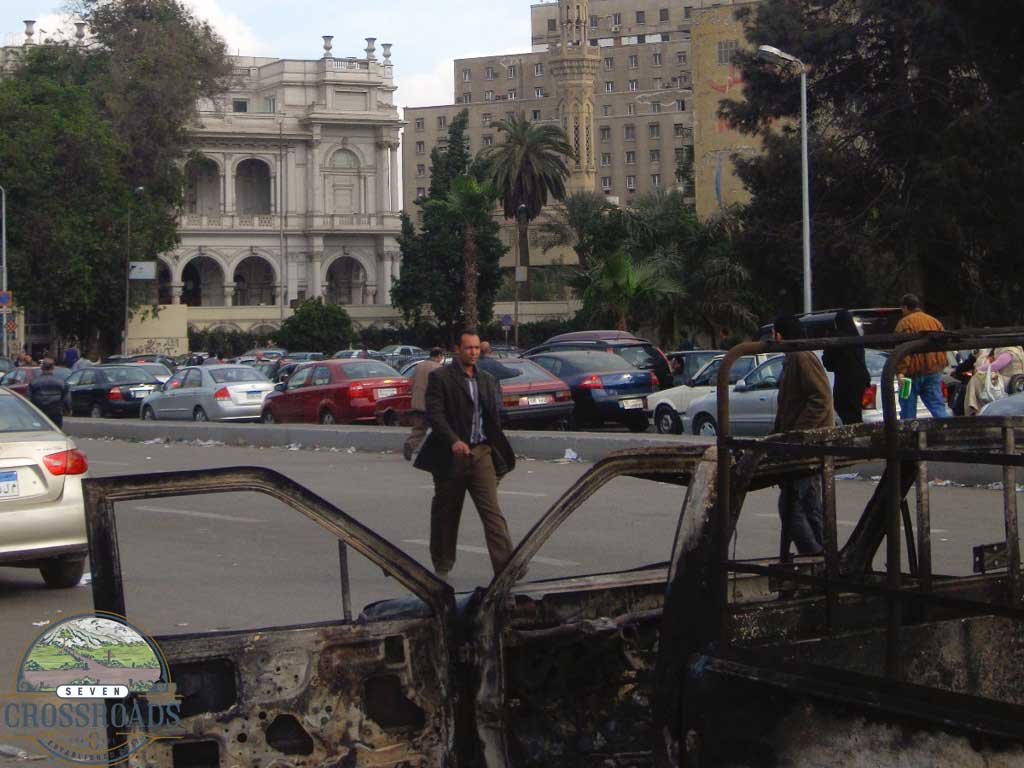
I thought about what these men were doing when I got back to my room. They stood outside, ensuring the safety of a handful of travelers staying in a nearly empty hotel;They could’ve been anywhere else, but they were there; Egyptians were there when I needed help getting out of the country and they were there when I needed someone to safely take me to the airport. I saw the strength of Cairo manifest in anger and compassion. The need to roar at an administration that no longer represented them but at the same time protect it’s people. I saw it in the teenagers sweeping the glass and ash from the road; the citizens protecting the Egyptian museum and one another.
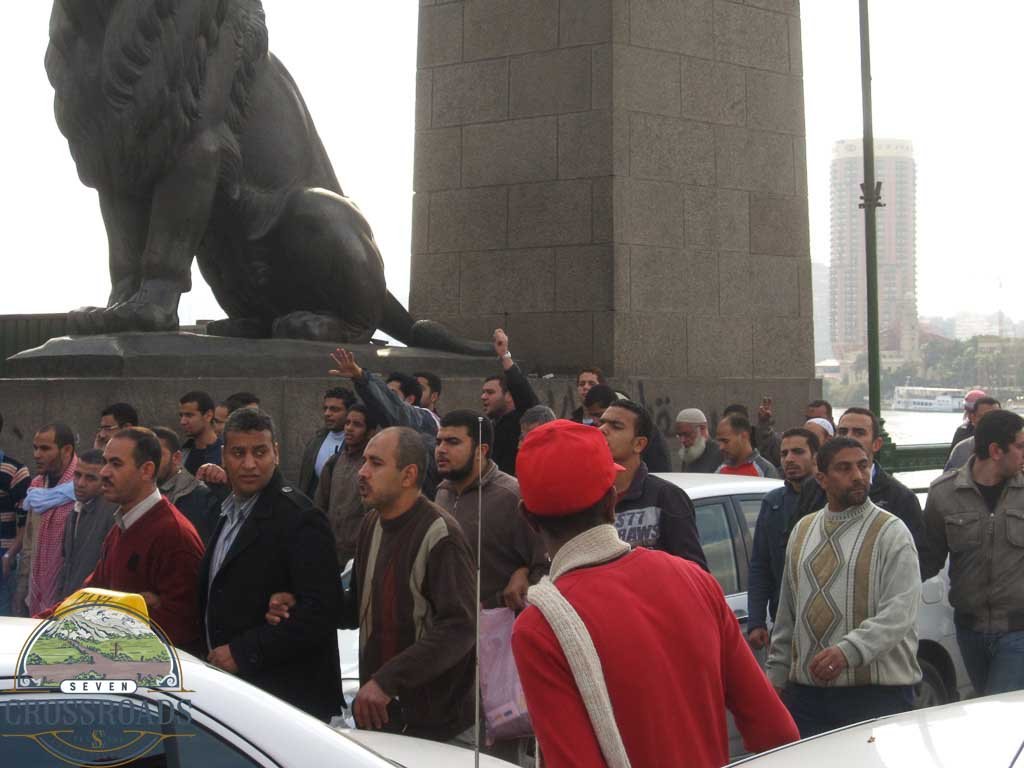
An experience unlike any other
I went to Egypt to experience the beauty of its history but I looked in the wrong place for it; Where I thought I’d find truth in pyramids and museums, I found in human spirit. It was rough and destructive, compassionate and regenerative, but so is life. Sometimes things purify through flames and scars teach the most productive lessons. Egypt’s problems weren’t magically solved after Hosni Mubarak left office, but it’s a snapshot into the ongoing history of a nation in need of change.
The experience that I had during the protests are purely from the point of view of an American (with little to no knowledge of Egyptian politics). I can say with certainty that I was terrified and I learned a lot about myself. As an American in 2018, I feel like we are in a crucial point in our history.
To make a comparison to the Arab spring would be unfair to both of us, but there is no reason why we can’t learn from the history of other nations. Politics are changing everyday and what’s considered acceptable (or coherent) shifts as quickly as someone can press the “Tweet” button. I originally wrote about my time in Cairo because it helped me organize what I experienced, but the more I wrote (and researched), the more I thought about our issues at home.
Thank you Cairo for everything. It was one of the most enlightening experiences I’ve had.

